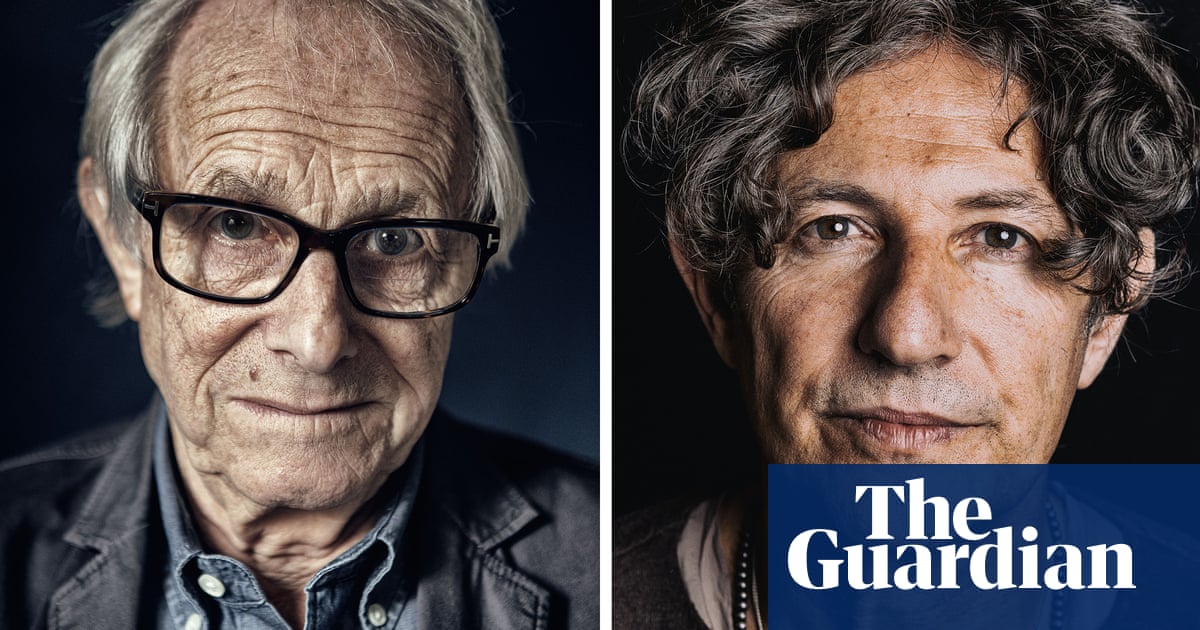
Veteran British director Ken Loach has added his support to Jonathan Glazer over the latter’s controversial Oscar acceptance speech for The Zone of Interest.
In an interview with Variety, Loach said he had “great respect” for Glazer and that his speech was “very brave”. He added: “And I’m sure he understood the possible consequences, which makes him braver still, so I’ve got great respect for him and his work.”
Glazer’s speech, in which he said he refuted his “Jewishness and the Holocaust being hijacked by an occupation which has led to conflict for so many innocent people”, attracted condemnation and praise from all sides of the debate over the Gaza war. The Holocaust Survivors’ Foundation USA attacked Glazer’s speech as “morally indefensible”, hundreds of Jewish creative industry figures signed an open letter claiming he was “fuel[ling] a growing anti-Jewish hatred around the world”, and Son of Saul director László Nemes said: “He should have stayed silent.” On the other hand, Glazer was supported by the likes of Piotr Cywiński, director of the Auschwitz Memorial (who said “Jonathan Glazer issued a universal moral warning against dehumanisation”), playwright Tony Kushner, and Jewish Voice for Peace.
Loach added that Glazer got “lots of support from many, many Jewish people who said it breaks the stereotype that all Jewish people support what Israel is doing, because clearly that’s not the case … [The speech] was hugely valuable in that it shows that diversity. So I’ve got great respect for what he did.”
Loach made his own protest on the Gaza conflict at the Bafta film awards in February, raising his fist as screenwriter Paul Laverty held up a “Stop the massacre” poster. The director also revealed he had tried but not succeeded in getting a project about the Middle East off the ground, saying: “That was a subject that I would have liked to have worked on, but I didn’t know quite how to tackle it. It would have had to be a documentary, but it was a big project and certainly beyond me for the last decade.”
In the same interview, Loach reiterated that The Old Oak, his recently released drama about refugees living in the north-east of England, was almost certainly his final film, saying, “I’ve reached the end of the line.”
He added: “I try just to think of the future and not be nostalgic. Not making films doesn’t mean that the connection to films and students and people that write about films ends by any means. And I’ve been lucky, there are lots of possibilities of doing things that are similar to doing work, but not at the same level of concentration and travel.”
Source: theguardian.com

















